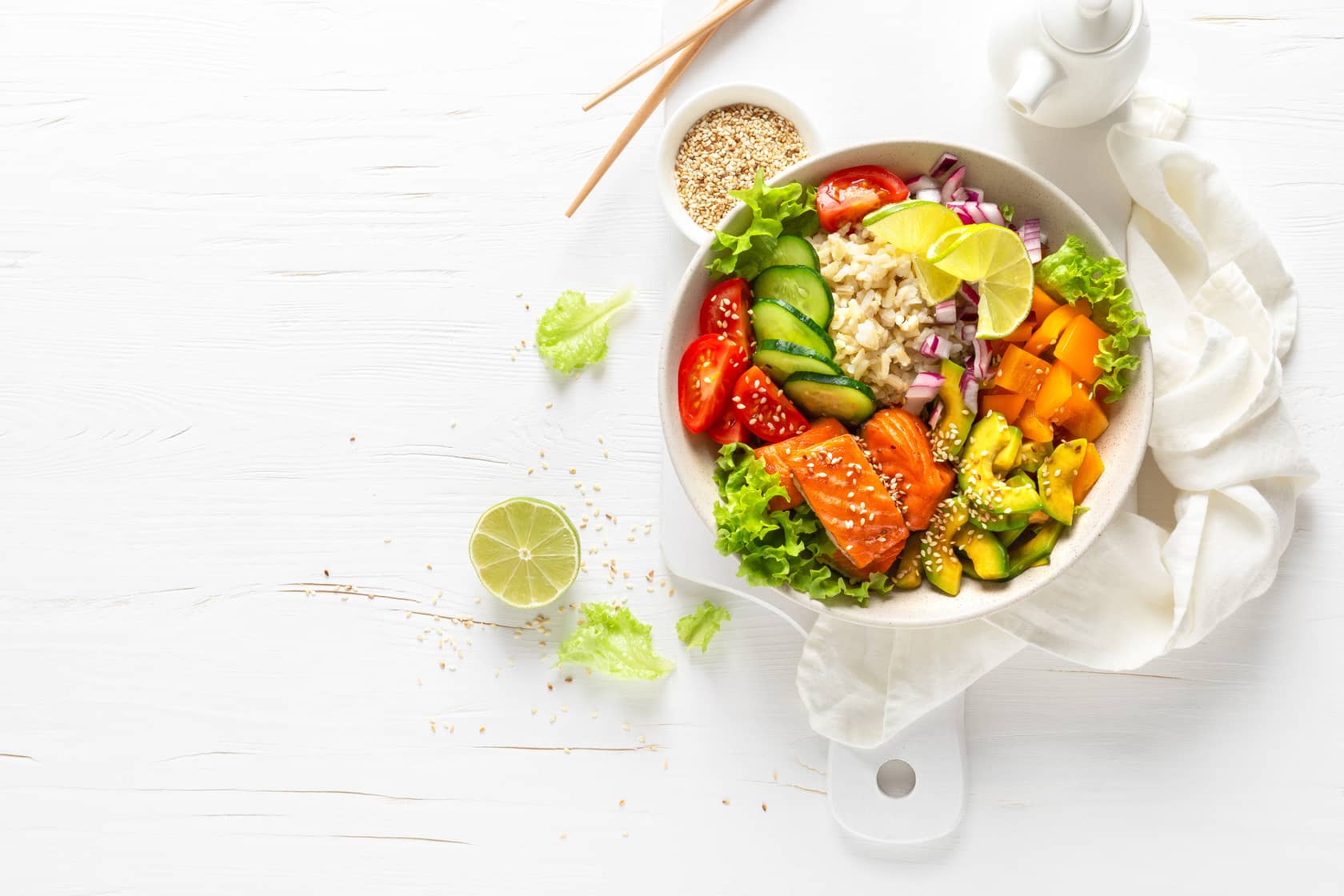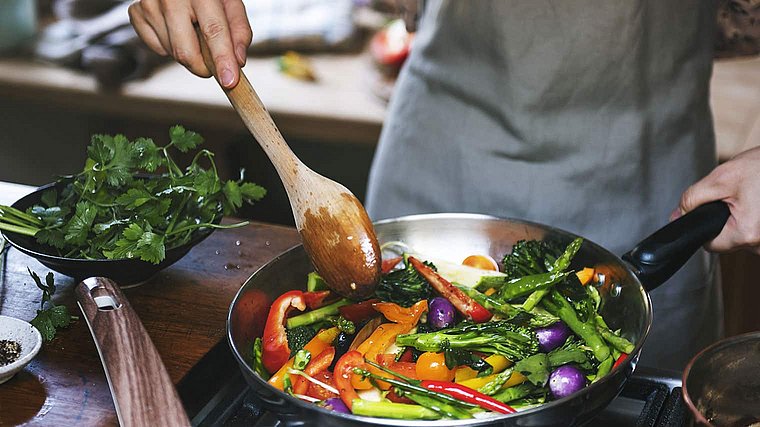Greasy fried foods, inactivity, and alcohol have an adverse effect on the liver, which is responsible for a range of functions in the human body, such as detoxifying it of potentially harmful substances, e.g. medicines or heavy metals. But contrary to what the Internet tells us, you do not need any special detox treatments at all, it is enough to implement a bunch of dietary and lifestyle changes and let your liver ‘do its job’. And it’s not the liver alone, as your intestines, kidneys, and skin contribute to the removal of harmful substances from your body as well. You should also bear in mind that good habits support the function of the mitochondria, the organelles whose job is primarily to produce energy for the cells, but also to reduce free radicals, which cause cell damage when present in excess (thus aggravating inflammation in the body and deteriorating the function of all organs, including the liver). So it is important to take a holistic perspective on your body. How do you do that?

Which substances support liver function?
- Water. We tend to forget about a simple thing, which is to maintain an adequate daily fluid intake. An adult needs about 30 to 35 ml of fluid per kilogram of body weight, which may increase depending on ambient temperature or level of physical activity. So remember to stay hydrated, taking small sips of water all day long instead of gulping it all down in one or two sittings.
- Glutathione. A powerful antioxidant which is essential to enable the detoxification processes taking place in the liver. Glutathione deficiency may lead to the development of liver diseases, cancer, neurodegenerative diseases (such as the Alzheimer’s disease), type 2 diabetes, and may also contribute to early ageing of the body. Glutathione is formed from amino acids, such as cysteine, glutamine, and glycine, but omega-3 acids, magnesium, selenium, and vitamins B are also needed in the process, which means that a diet supporting liver function must include sources of these substances (a list of products containing them follows below). In case of severe deficiencies, supplementation is sometimes recommended, for instance liposomal or sublingual forms of glutathione.
- Vitamins B, protein, and magnesium, the substances enabling the methylation process. Methylation is an essential process supporting the performance of the entire body, including liver, which contributes to:
- the formation of glutathione in the body;
- effective metabolism of oestrogens in the liver;
- removal of heavy metals (such as arsenic) from the body;
- repair of DNA breaks.

What to eat to support your liver in a natural way?
So, in your daily diet, you should include such products as:
- Cruciferous vegetables (such as broccoli, kale, cabbage, cauliflower), as well as asparagus, artichokes, red bell peppers. They are rich in cystein, which is essential in the production of glutathione.
- Sources of vitamins B required for the methylation process:
- folate: dark leafy greens, pulses
- vitamin B2: almonds, eggs
- vitamin B12: products of animal origin, such as eggs (supplementation is required for vegans and vegetarians)
- Sources of dietary fibre: vegetables, whole fruit (with peel), nuts (such as walnuts), seeds (such as pumpkin seeds), whole grains (e.g. wholemeal rye bread), blond psyllium husks.

Dietary fibre supports the removal of undigested food by the intestines and it nourishes the gut microbiota, which is vital for the proper function of the liver and kidneys. A typical ‘western’ diet (i.e. one that is deficient in vegetables and fruit or whole grains and rich in animal protein) affects the performance of your body, a thing to remember when planning your daily diet.
- Oily saltwater fish (e.g. halibut, sardines). They are a source of omega-3 acids, which are essential for the production of glutathione. These acids can also be supplemented.
- Sources of magnesium: dark leafy greens, cocoa and chocolate with high cocoa content, pulses (such as chickpeas, lentils), nuts, whole grains, avocados.
- Antioxidant and anti-inflammatory powerhouses: fruit, such as blueberries, strawberries, bilberries, pineapples, apples, lemons, pomegranates.
- Brazil nuts, brown rice, or garlic: the sources of selenium, which also takes part in glutathione metabolism.
- Sources of zinc, which has antioxidant properties, while its deficiency affects liver function. It can be found in nuts and seeds, oysters, and pulses.
- Silybum marianum, rich in sylimarin, a substance that supports liver function. Add freshly ground Silybum marianum seeds to your smoothies, or think about introducing Silybum marianum seed oil to your diet.
- Herbs and spices supporting liver function, such as turmeric, ginger, green matcha. Toss them into your favourite meals, such as smoothies or your morning porridge.

What lifestyle is good for your liver?
Here’s a bunch of tips to keep your essential organs in good shape!
Avoid overeating. Eating too much puts a strain on your liver and intestines, affecting detoxification processes. Make sure to stop eating once you are no longer hungry but you still have enough room for a thing such as healthy dessert.
Stick to the night fasting rule, at least 12 hours per day. This is the minimum interval you should keep between your evening meal and breakfast.
Sweat it all out. Along with sweat, harmful substances are removed from your body. Physical activity is always a good idea (it needs not be intensive, but it’s good to wipe yourself out once in a while), and so is a sauna session.
Exercise daily. Regular moderate exercise improves intestine function and is good for the liver.
Learn how to manage stress. The more stressed you are, the more glutathione your body is trying to produce, and the poorer the methylation process becomes. Physical exercise or breathing exercises are good ways to ease stress.
Consider your environment, for instance take a walk in a forest. Air pollution, cleaning agents, detergents, plastic packaging (especially if we warm up food in it), or air freshener sprays can be a source of toxins, which also affect the liver.

